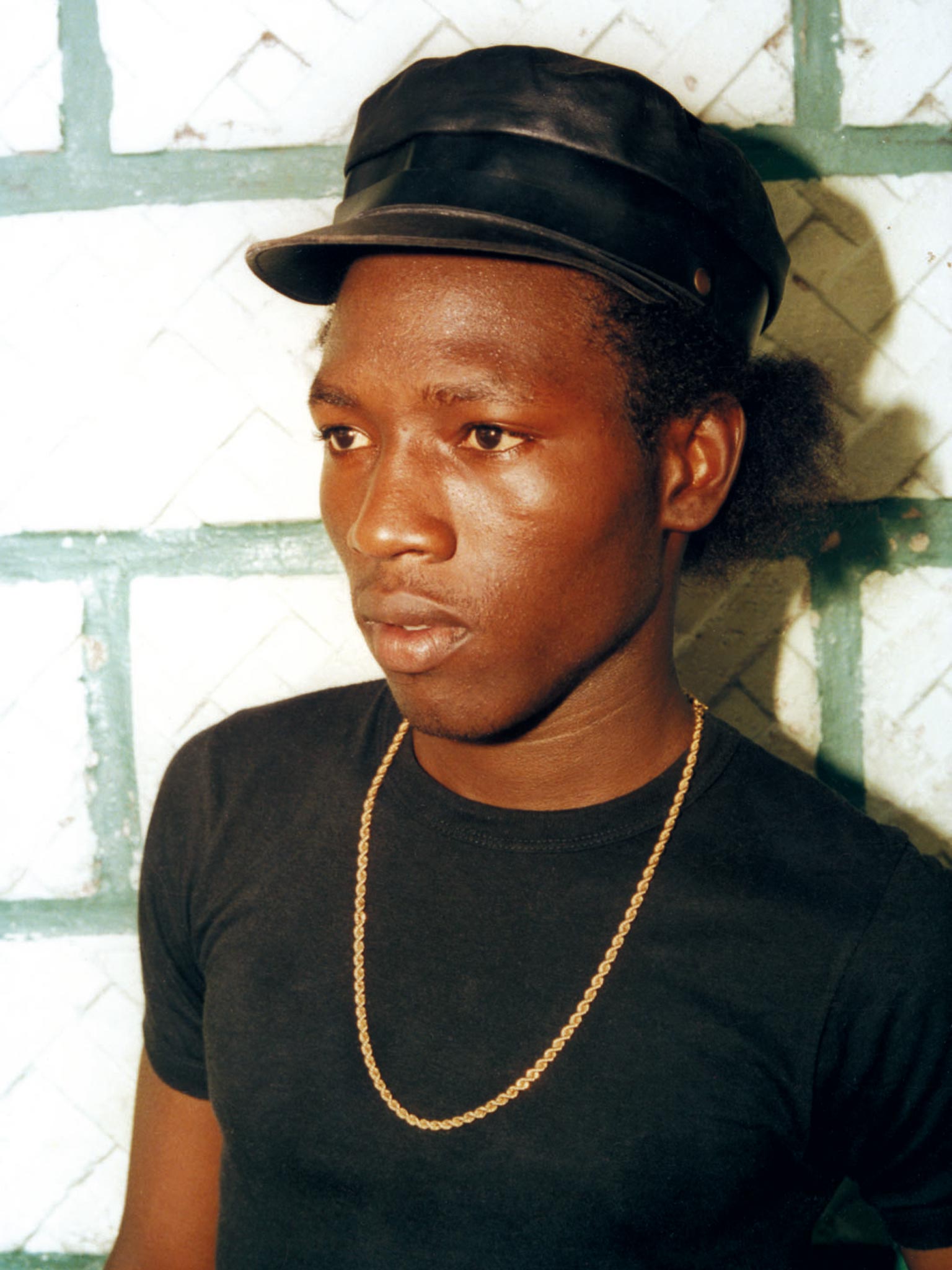Wayne Smith: Singer and songwriter who took reggae into the digital era with his worldwide hit 'Under Mi Sleng Teng'

The Jamaican singer Wayne Smith took reggae into the digital era with "Under Mi Sleng Teng'', a groundbreaking track that introduced a new, infectious, irresistible "riddim" and pioneered a style of recording built around electronic keyboards.
Co-produced by Prince Jammy and first issued on his Jammy's label in 1985, "Sleng Teng'' became the foundation for the dancehall genre and has been covered, or "versioned", as the Jamaicans would say, close to 400 times, by performers such as Sugar Minott, Johnny Osbourne and Tappa Zukie, and seeped into the rock, rap and pop repertoire of acts like the Prodigy, 50 Cent, Robyn and MIA.
Born in 1965 in Waterhouse, a tough area of Kingston, Smith possessed a distinctive, high tenor voice that brought him to the attention of the dub producer King Tubby and his protégé Jammy in the late 1970s. The teenage Smith trained as an electrical engineer and gained experience on the sound system circuit, singing over dub plates.
He began recording with Jammy in the early '80s, though it took him over a dozen singles before he achieved his breakthrough and created his signature tune. In 1984, Smith and Noel Davey, a local youth who had procured a Casiotone MT-40 keyboard, pushed the "rock'n'roll" preset button on the basic instrument – a rhythm not dissimilar to Eddie Cochran's "Somethin' Else". Smith then started riffing on "Under Mi Sensi", a current hit by Barrington Levy; he warned against the danger of taking cocaine and made the obligatory reference to the more natural herbal "smoke".
When Smith took this simple premise, based on a digitally created bass and rhythm track, to the "next door neighba" referenced in the lyrics – Jammy – the producer spotted its unique quality but found the tempo too frantic. He slowed it down, asked musician Tony Asher to add some piano and percussion, and premiered it at a sound system battle with Black Scorpio in February 1985; it went down a storm.
The canny Jammy rush-released "Sleng Teng" and licensed it to the London-based reggae specialist Greensleeves for international release; he also began cutting versions by Cocoa Tea, Tenor Saw and John Wayne, while King Tubby jumped on the digital bandwagon with "Tempo'' by Anthony Red Rose. "Sleng Teng'' sounded the death knell for the roots reggae genre that relied on session musicians, and paved the way for the emergence of the dancehall and ragga that only needs a programmer/keyboard-player and a vocalist.
Smith scored further hits with "Come Along" and "Ain't No Meaning", again produced by Jammy, but never matched the success of the game-changing "Sleng Teng". In 1989 he moved to New York, where he set up his own Sleng Teng label. He finally made his live European debut in 2011, when he toured with the Little Lion Sound system from Switzerland. Smith was admitted to Kingston Public Hospital with severe stomach pains on 14 February and died of heart failure.
PIERRE PERRONE
Ian "Wayne" Smith, singer and songwriter: born Kingston, Jamaica 5 December 1965; five children; died Kingston 17 February 2014.
Subscribe to Independent Premium to bookmark this article
Want to bookmark your favourite articles and stories to read or reference later? Start your Independent Premium subscription today.

Join our commenting forum
Join thought-provoking conversations, follow other Independent readers and see their replies